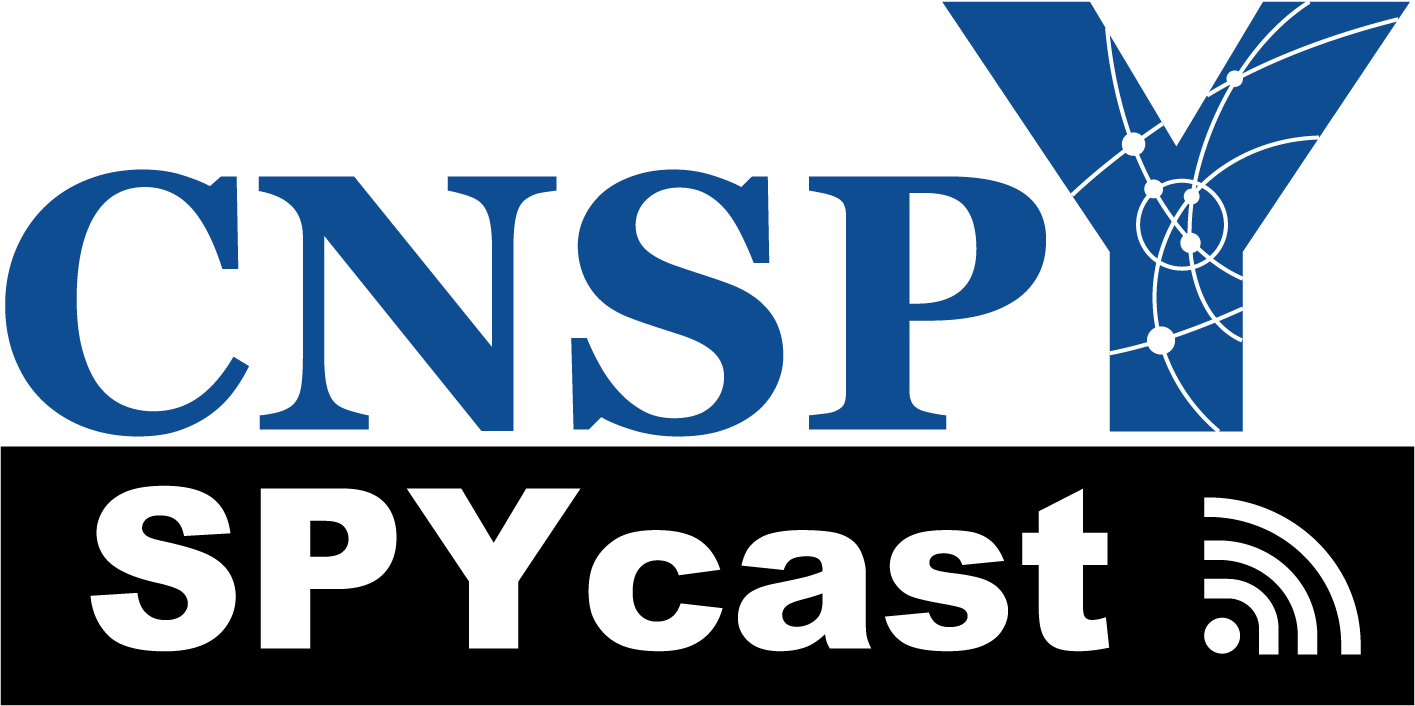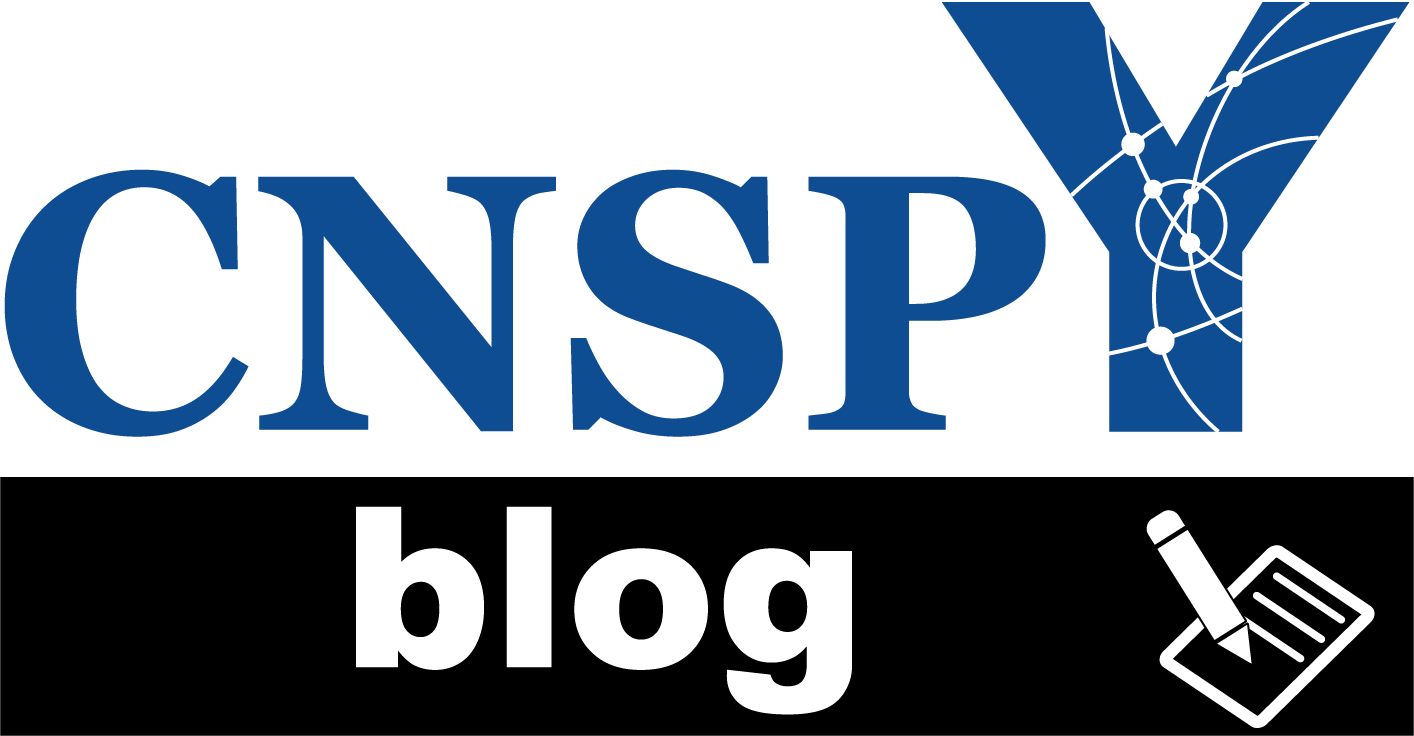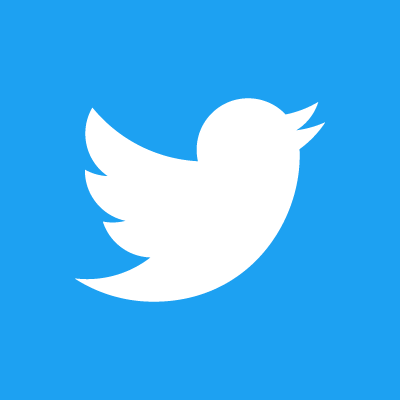In this week’s blog, guest blogger Kristen Murfin continues her discussion of the importance of tailoring your resume to specific companies and job postings. Here, she focuses on how to formulate a strong summary statement to impress hiring managers. Here’s Kristen…
In our previous blog, we discussed the importance of tailoring your resume to increase your chances of being noticed by the hiring manager. Another way to improve the visibility of your resume is to start with a strong summary statement. This is different than an objective statement that mostly states what kind of job you are looking for. A good summary statement should be 2-3 concise, focused sentences that show that you would be a valuable employee. You also want it to be unique to you and the job you are applying for. Here are a few tips for writing a strong summary statement:
1. Make a list of your expertise, achievements, or characteristics you want to highlight
Expertise and qualifications:
Similar to tailoring your resume, the summary statement for your resume should highlight features that are relevant to the specific job position and the company you are applying to. Look through the job posting and similar positions at the company for key words and phrases, necessary qualifications, and required skills. You can also look at the LinkedIn profiles of people with similar positions at the company for these items. Compare this list of skills to your resume. What matches?
Achievements:
Now assess which of your achievements demonstrate that you have the necessary skills for the position. These can be things like: secured funding and budgeted for a research project, publication of articles, effectively managed research group, increased productivity, etc. If you can concretely state utilization of your skills with a good result, this will be stronger than stating you possess a skill.
Characteristics:
It is also important to consider the company culture of where you’re applying and what soft skills you have that might be valuable. Most companies have a mission statement or informational section on their website that you can pull from. Additionally, talking to someone currently at the company can give you a good feel for the company culture. Other soft skills might be listed in the job posting, such as organization and management abilities, oral and written communication, team player and collaborative, or time management.
**A note for those switching career tracks:
You likely will not have exactly the same experience as that listed in the job posting. You should focus on transferable skills you have that are similar. For example, the job posting might state “experience presenting to board members” or “written progress reports”. As a PhD, you have a lot of communication experience that you can highlight (all those papers and oral presentations!) even though the context of your communications experience is different.
2. Decide which characteristics from the list you want to use
After assessing your skills, you will likely have a very long list of things that you could include. You will need to parse this down to about 4-6 key points to write up. A lot of this editing will be based on what you think is most important and how you want to represent yourself to the hiring manager. Here are some questions you can ask to help you through the editing process:
- What skills or characteristics seem to be most important on the job posting?
- What skills, achievements or characteristics seem to be repeated the most in your list? Can they be combined?
- What skills or activities do you most like to do?
- What are you most passionate about?
- What achievements are you most proud of?
- What are your most impactful skills or contributions?
- What is most unique and might set you apart from other applicants?
Ideally, after editing you should have 4-6 points that fit many of the above questions.
3. Write your statement!
Now the writing part. Here are a few tips to help with wording and make your statement more impactful:
- Include a descriptive job title and experience level
- Don’t use I or me. Instead, phrase the statement as descriptive comments or declarative sentences
- Don’t use passive voice
- Use action verbs
- Use key words or phrases you identified in the job posting
- Use unique and informative adjectives and wording. You don’t want to sound generic
- Make your statement focused on what you can offer the company
Here are some example statements:
Researcher
Efficient researcher with laboratory management experience and PhD training at Yale University. Offers technical expertise in bacteriology and immunology research techniques as well as thoughtful mentorship.
Grants administrator
Current postdoctoral researcher that can leverage experience grant writing, budgeting, and coordinating complex projects. 10 years of scientific experience with deep knowledge of medical research and global public health. Adept at scientific communication and collaborative development of projects.
Scientific Writer
Versatile scientific writer with over 8 years of writing experience in a variety of publications, including scientific journals, blogs, and university websites. Able to provide quality, customized materials on short deadlines.
Medical Science Liaison
PhD level researcher with technical knowledge of immunofluorescent imaging and excellent interpersonal skills. Wide array of teaching and speaking experience, including individual training, group lecturing, and written instruction. Proven capabilities in the application of immunofluorescent technologies and trouble shooting.
4. Edit and edit some more
Be sure to thoroughly edit your statement for clarity, ease of reading, and typos. It is always a good idea to send it to a friend (or multiple friends) to get input!
**Write your own summary statement and let us know your results**
References:
- How to Write a Resume Summary Section That Gets Interviews! http://www.forbes.com/sites/jeromeyoung/2011/06/27/how-to-write-a-resume-summary-section-that-gets-interviews/#79afae58fbd0
- How To Write An Amazing Resume Summary Statement (Examples Included) http://theinterviewguys.com/resume-summary-examples/
- The Art of Writing a Great Resume Summary Statement https://biginterview.com/blog/2013/11/resume-summary-statement-examples.html
- The Resume Summary Statement: When You Need One and How to Do It https://www.themuse.com/advice/the-resume-summary-statement-when-you-need-one-and-how-to-do-it
- Resume Objective or Summary: You need One, but Which? https://www.pongoresume.com/blogPosts/217/resume-objective-or-summary-you-need-one-but-which-.cfm
- The 10 Most Overused LinkedIn Buzzwords of the Year https://www.themuse.com/advice/the-10-most-overused-linkedin-buzzwords-of-the-year?ref=autocomplete






January 31, 2017 at 11:59 am
Thank you so much such giving this information… Regards: sarkarinaukri
May 8, 2017 at 11:30 am
Hi. These are good tips for writing a powerful summary statement! Of course, there are hundreds of guides on writing it. Our team of writers has also created a summary guide with many useful tips. For example, we are discussing the questions of targeting your summary for each particular positions and show how to meet the employer’s expectations right from the start.
You can have a look to learn more:
https://www.resumeyard.com/blog/how-to-write-resume-summary/
December 1, 2017 at 11:43 pm
Very nice tips on writing effective summary statement in resume. This is quite important while crafting your resume, highlighting summary in resume adds more value. Because resume is the only thing that tell who you are and what you are. So for all candidates it is important to know why the resume summary is important.
February 17, 2023 at 12:55 am
Number 1 is the conventional wisdom of extroverted networkers. Number 2 is what introverts should do.
https://www.mywatchesuk.com/
May 19, 2023 at 3:02 pm
Thank you for useful sharing.
vozol 10000
August 28, 2023 at 3:40 am
Rolex ha creato la collezione Cellini nel 1968, riunendo tutti gli orologi hublot replica eleganti e tradizionali del marchio. Dal 1963 un’idea di André J. Heiniger, successore di Hans Wilsdorf, che grazie alla sua esperienza imprenditoriale ha trasformato l’azienda in un prestigioso marchio di orologi.
November 10, 2023 at 1:51 am
L’origine del termine orologi imitazioni “Rolex” non è chiara. Wilsdorf non lo ha mai confermato, e secondo alcuni deriverebbe dalla locuzione francese “horlogerie exquise”, che significa “alta orologeria”, mentre secondo altri la parola sarebbe stata scelta per essere usata in qualsiasi lingua di facile pronuncia.
November 12, 2023 at 9:17 pm
If you haven’t guessed yet, Panerai Replica that is because much of the watch’s movement — which is visible from the dial side, a first for Voutilainen — is taken from the Vingt-8 construction that is easily distinguishable due to the extra-large balance wheel found in the 28ti’s top-left corner.
February 8, 2024 at 5:17 pm
Good job! Have a great time visiting your weblog. Thank you for sharing amazing and useful information.
February 8, 2024 at 5:18 pm
Good job! Have a great time visiting your weblog. Thank you for sharing amazing and useful information.
https://www.icloudice.com/2021/07/bot-telegram-penambah-followers.html